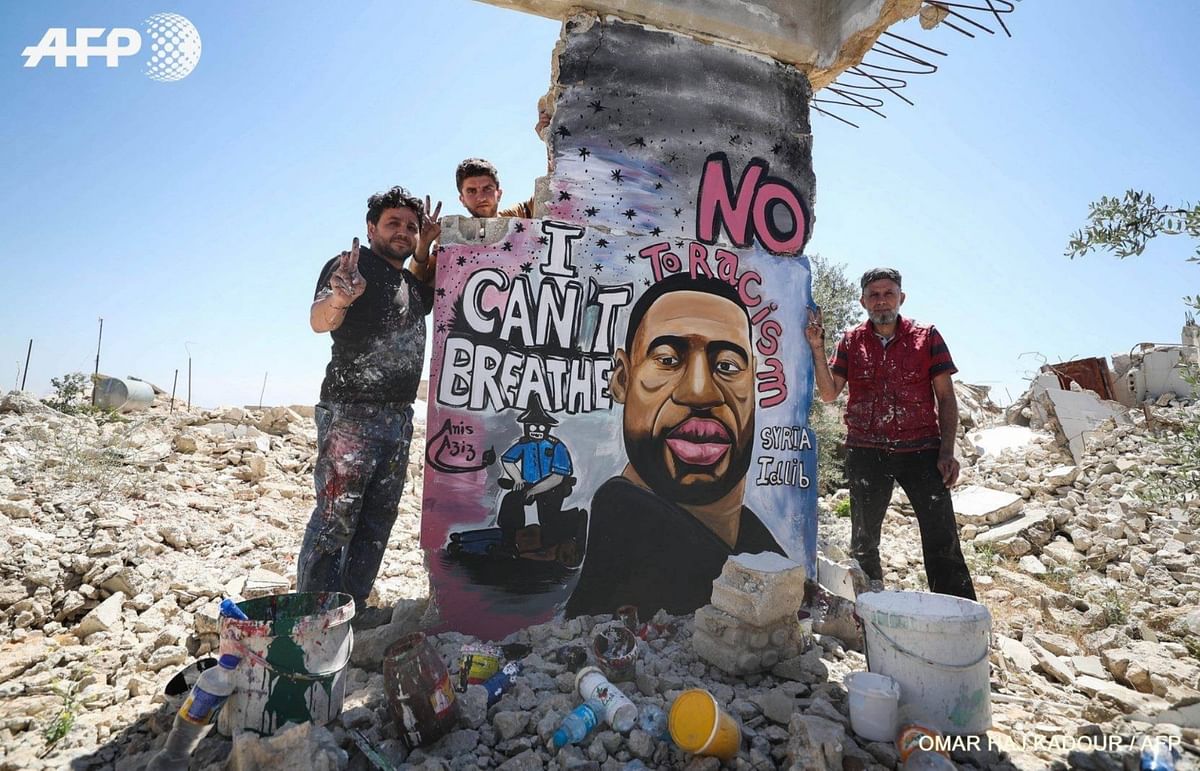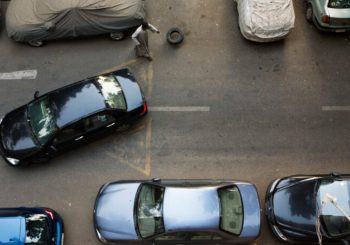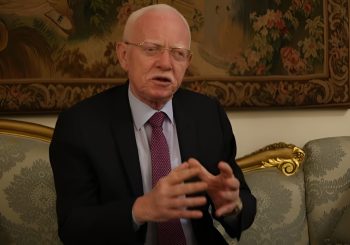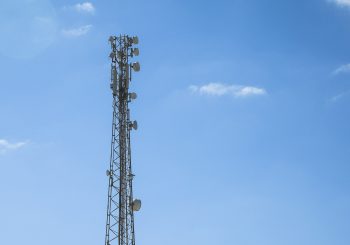
There exist two very distinct, separate realities of life in Egypt. Much like the racial dichotomy of the American experience, Egypt’s parallel realities also come in twos and rarely overlap. In one dimension of Egyptian life, the lucky few enjoy some social and economic privileges and substantial cultural capital; the other, where most Egyptians occupy their spaces, is a dystopian wasteland.
A few years back, I was struggling to articulate this social order to a White American friend, when he quickly caught my drift and interrupted me mid-sentence: “class is to Egypt what race is to America,” he aphorized, his eyes narrowing as we exchanged self-congratulatory nods and gazes of recognition.
I was reminded of his exceedingly pithy remark as I scrolled through my social media newsfeeds to find many upper middle class Egyptians and cultural elites taking up the cry for racial justice and displaying their solidarity with the Black American community following the murders of George Floyd, Breonna Taylor, Ahmaud Arbery, and most recently, David McAtee.
Black squares stared back at me from most unexpected sources. Long lost friends, distant relations, ancillary acquaintances, luminaries and celebrities whose voices are not only mute, but often counterrevolutionary, when it comes to human rights issues were suddenly clamoring to out-woke each other—all using the wrong hashtag(s).
Decades of upper middle class cultural detachment and deliberate social and political disengagement all came to an end yesterday as Egypt’s glitterati voiced their support for Black Americans and weighed in on the brutal crackdown on protesters in the US. #BlackLivesMatter jumped to the top trending topics across Egypt’s Twittersphere.
This kind of digital solidarity from Egypt’s ruling class may seem like something akin to moral courage at first, but a closer retrospection would indicate otherwise. Much like the hollow, performative solidarity we are seeing from problematic global brands and celebrities, this new Egyptian gentry is exploiting Black American iconography and cultural cachet and co-opting Black protest and dissent, while turning a blind eye to the systemic racism and rampant human rights violations perpetrated by the same power structures they have propped up for generations.
Centuries of western colonial occupation, Ottoman and Arab tributary rule, and the rise of Arab Nationalism have all contributed to the erasure of Egypt’s African identity. And while Egypt remains a melting pot of ethnicities, existing social structures favor non-Black Egyptians who have ostensibly embraced the cultural shift toward conservative pan-Arabism.
This fragile social order can’t afford to make room for other identities nor can it comfortably assert racial equality outside anti-colonial politics. It is one thing for Black internationalist and Arab-Egyptian interests to align, but in order to realize true racial justice in Egypt, the Egyptian government and the powerful cultural and economic base that undergirds it would have to pay more than lip service.
This is more than they are comfortable giving. Black lives, bodies and labour don’t matter enough for our government and its ideological base to include the shameful history of the Arab Slave Trade or the Nubian Exodus in our school curriculums.
To return the embrace of Egypt’s ruling class is to absolve them of their silence and their complicity when dozens of Black Egyptians were arrested and intimidated for protesting the misappropriation of historically Nubian lands in 2016—after the government allocated swathes of the community’s ancestral lands for military use and a massive development project, undermining the constitutionally protected Nubian right of return.
This complicity has allowed Egypt’s upper middle class to thrive. Even as vital public services, such as healthcare, education and infrastructure, crumbled all around them, the ground never really shifted beneath their feet. Like their counterparts in the American establishment, the Egyptian ruling class’ vested interest in the status quo far outweighs the moral imperative to speak out against inequality, corruption and abuse of power.
Resting on this flawed moral calculus, vacuous Egyptian socialites can practice some non-committal rights activism and advocacy on behalf of Black Americans, with little conviction and without risking jail time, safe in the knowledge that their #BlackOutTuesday posts cannot possibly be interpreted as a commitment to equality and inclusion for Nubians, Copts, Bedouins, Amazighs, Shia, and LGBTQIA Egyptians, or as a show of solidarity with the country’s disempowered women, political dissidents and prisoners of conscience.
It is heartening to see the resurgence of the Black Lives Matter movement and the global solidarity it has engendered, but it is imperative to call out this posturing wherever we see it, not least because it devalues Black life and reduces it to a political abstraction.
We must never make room in the Back Lives Matter movement for ruling classes that have never once leveraged their privilege to aid in the fight for social justice and economic equality, and even actively sought to extinguish meaningful political change anywhere else in the world. Their investiture as allies legitimizes a dangerous brand of apoliticism that only the privileged can afford and compromises the inherent moral absolutism of advocacy, which brooks no equivocation.
The opinions and ideas expressed in this article are the author’s and do not necessarily reflect the views of Egyptian Streets’ editorial team. To submit an opinion article, please email [email protected].






Comments (2)
[…] dont certaines sections de la société égyptienne essayaient de faire preuve de solidarité, en particulier en ligne, avec les noirs américains et le […]
[…] Egypt’s Performative Solidarity with Black America […]